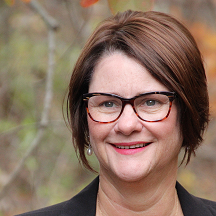
Are you looking for a way to have a long, fulfilling life? Cracking open a book may help you accomplish that goal.
According to the journal “Social Science & Medicine,” people who read books may live longer than those who do not read books or who primarily read other forms of media, such as newspapers or online articles. In a study that was published in 2016, participants who read a book at least 30 minutes a day or a book chapter a day lived 20% longer than the other participants on average. The book-reading participants lived longer regardless of education level, socioeconomic status, health status, gender or other identifiers.
Reading books may positively impact cognition. This is because when people read books, they tend to become immersed in the story or content, which engages the brain. As a result, cognition can be maintained or enhanced by reading.
Individuals who are 60 or older spend more than four hours looking at screens a day, according to the Pew Research Center. If some of that time is redirected into reading books, it can have a positive effect on health and well-being.
Books can provide new ideas, engage you in gripping stories and make you happier. You don’t have to be 60 or older to start reading books – find a good book on a subject or topic that interests you and start reading today.
The University of Louisville Trager Institute/Republic Bank Foundation Optimal Aging Clinic provides wellness and lifestyle services, mental health support, resources about dementia and brain health, and more. To request an appointment or learn more about services offered, call 502-588-4340.









